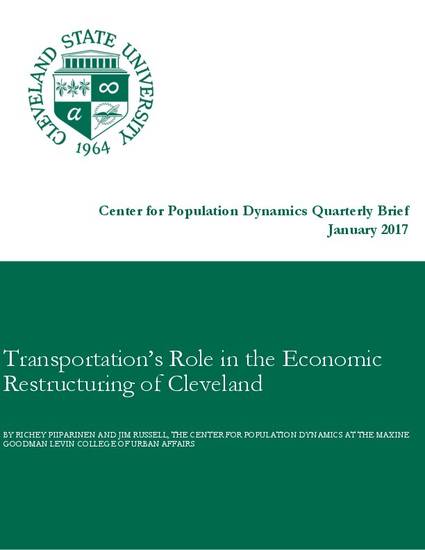
Transportation is the vessel for the movement of people. Migration is the actual movement of people. Both transportation and migration are dictated by the economic eras of which they are a part. These economic eras are most simply illustrated by showing the type of work people did across our nation’s history. Nearly 70% of the nation was employed in agriculture in the 1840s. Fast forward to 1930 and employment in mining, manufacturing, and construction—categorized as “industry” employment—surpassed farm work, with industrial jobs peaking in 1960. Then, the era transitioned into a knowledge economy dominated by the proliferation of ideas and the activities that commercialize them. Today, about 8 out of 10 Americans are currently employed in service work, ranging from high-end professional work (technology, “eds and meds”, research, engineering, etc.) to lower-skilled activities like retail and leisure and hospitality.
Importantly, each economic era is associated with a particular migration and mode of transportation. Without an understanding of these eras and their associated flows of goods and people, it is hard for a region to develop forward-thinking transportation policies. The point of this review is to do just that.
Available at: http://works.bepress.com/richey-piiparinen/8/
